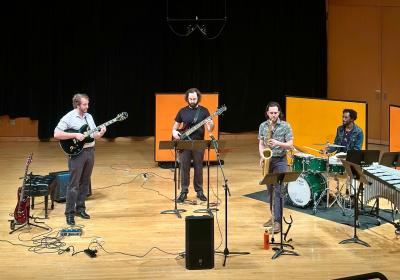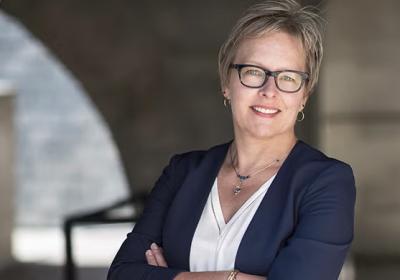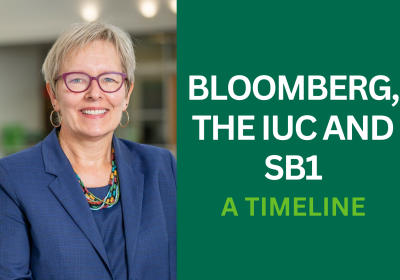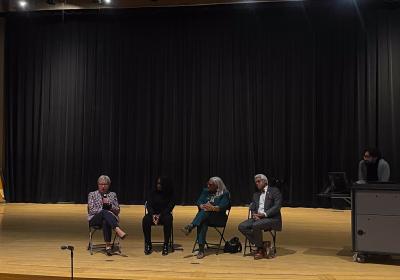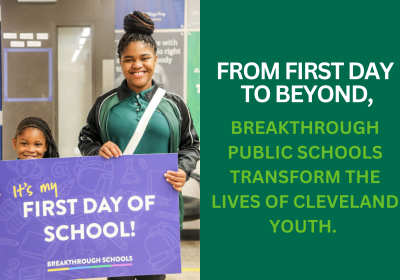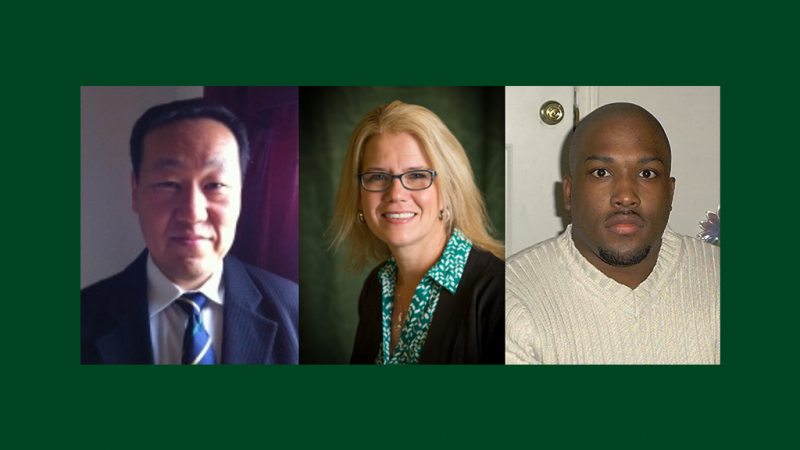
Cleveland State professors receive $2 million tech grant
Cleveland State University professors Debbie Jackson, Ed.D., Brian Harper, Ph.D., J.D., and Chansu Yu, Ph.D., received this fall a $2 million grant from the National Science Foundation. The grant is for further development of the Cleveland Tech Talent Pipeline project, which is led by Jackson, chair of CSU’s department of teacher education.
The project, in collaboration with the Cleveland Metropolitan School District, TECHCORPS and the Cleveland Foundation, aims to get more students, particularly women and students of color, into the fields of IT and tech.
The grant will help develop summer programs and internships for CMSD students.The summer programs will be designed to help students from ninth grade to college to explore the IT and computer science world, and gain experience in the field.
“It’s really hands-on work with individuals who are already prominent in the field in Northeast Ohio,” Brian Harper, co-investigator on the project, said. “It’s giving the kids an opportunity to bring ideas and questions to real businesses and look at the way education and training in computer science does lead to a career, and what that career looks like on a daily basis.”
The work for this project began five years ago with the training of teachers who worked with students in underrepresented populations on culturally responsive learning and computer sciences. The project then moved to working specifically with students and providing the digital support to encourage them to pursue degrees and careers in computer science.
The summer programs are planned to begin in summer 2021. The project is currently in the process of reaching out to companies to find the right fit for the internships and programs.
“We want to make sure the fit is right because we don’t want the kids just to be around and to be doing busy work,” Harper said. “We want them to have authentic experience with folks who are actually working with them.”
One of the goals for the summer internships and programs is that students will be able to collaborate with the businesses and professionals, so that there is a mutual benefit between professionals and students.
“For the field we're looking at the benefit being you have new kids, with young fresh ideas, that they’re bringing. This will hopefully revitalize what they’re trying to do as well,” Harper said. “So our goal is for it to be a dual professional benefit, but obviously we want the kids to benefit from the knowledge and the experience of people who are successful in the field.”
Although COVID-19 has presented challenges to most professional fields, including computer science, the plan for the summer programs is moving forward. However, the developers recognize they may need to modify the programs.
“For the face to face contact we are prepared to think about how they might need to be modified in some ways, but what’s going to be extremely important is that we still maintain the human touch,” Harper said. “I think that’s the biggest thing we have been talking about so far.”
Although the coronavirus pandemic may add limitations to what the summer programs look like in 2021, CMSD has allocated more funding towards technology resources. More students now have access to both computer hardware and software than before the pandemic.
“They’re laying the groundwork for us pretty well to assure that the kids who are going to be recruited do not just have some experience working in school with the technology, they actually have access to it in ways they may not have had pre-COVID,” Harper said.
As co-investigators Harper, an associate professor in the department of curriculum and foundations, and Yu, professor and chair of the department of electrical engineering and computer science, will study the effectiveness of the programs as well as the possibility of replicating the programs in other districts.
The overarching objective for the future of the programs and projects is that it is effective at encouraging more students to pursue computer science, students who wouldn’t normally consider the field, and for similar types of programs to emerge in cities across the country.


